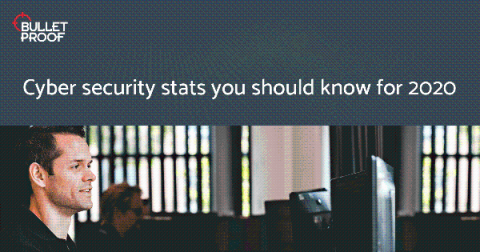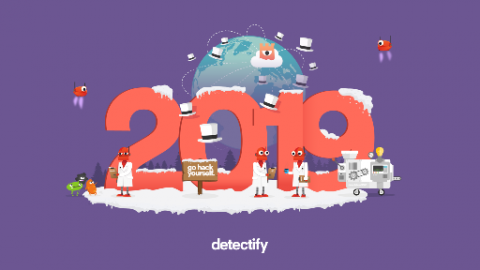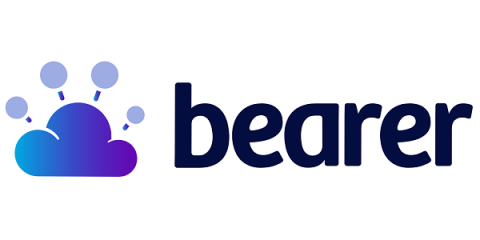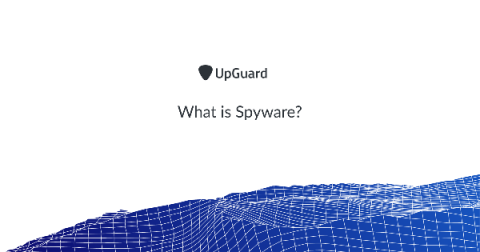Top Cybersecurity trends & predictions for 2020
It is that time of year again where we look forward to what cyber goodies the New Year brings. 2019 brought new records in data breaches, a rash of ransomware attacks, and a rise in state-sponsored cyber-attacks. Below is a quick list of what me may expect in the 2020. 2020 also will be the dawn of a new decade that will bring technological transformation that will permeate all aspects of our lives, including cybersecurity.











